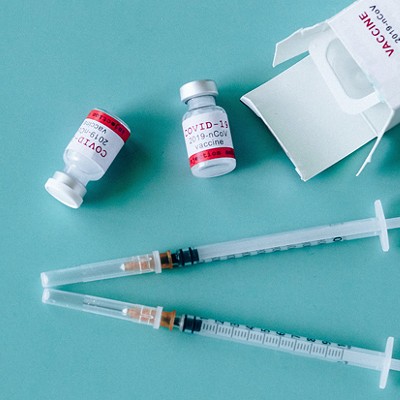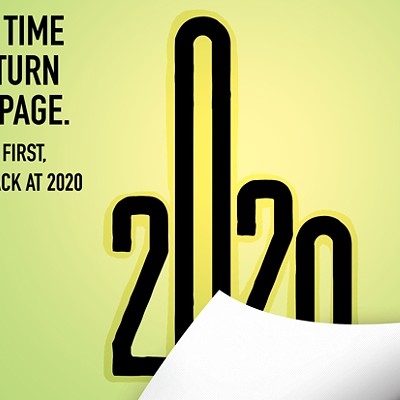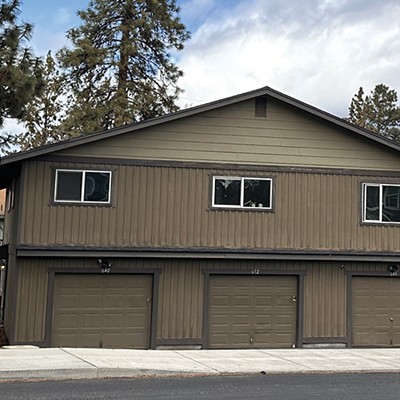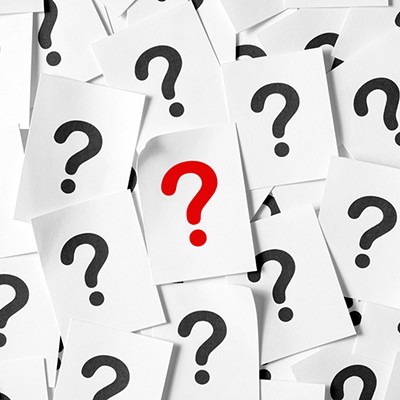Last week, in a Portland wine shop, a jovial Sen. Ron Wyden announced that he had barked, and that the federal Alcohol and Tobacco Tax and Trade Bureau had backed down.
At issue was whether restaurants, taverns and convenience stores could sell wine in growlers and other containers—like many currently do for beer.
Over the past couple years, beer growlers have grown from a quirky trend to a common and smart practice in beer-happy Oregon. In the past week alone, two new growler stations have opened in Central Oregon—including Big Dog Growlers on the south end of Bend.
Wine, however, had remained off-limits, apparently because it typically has a higher alcohol content than most beers. During the last full session of the Oregon legislature in 2013, though, lawmakers approved that stores and restaurants in Oregon could pour wine into containers supplied by customers. It was an important step forward, in that growlers are helpful in reducing waste and also beneficial in growing the industry for micro-beers and local wine.
But in March, in response to the allowance for wine growlers, the federal regulatory agency jumped in with Eliot Ness swiftness and declared that selling wine in refillable containers was illegal, unless a business had a bottling license—essentially shutting down the opportunity to grab a growler full of Willamette Valley pinot noir at your local 7-11.
Just as quickly, Sen. Wyden snapped back. On April 1 (no joke), Sen. Wyden sent a letter to the federal agency, asking for administrative rules that would be more accommodating.
"I saw this as an example where a federal agency simply has not kept up with the times and is out of touch," explained Sen. Wyden at the press conference last week.
To its credit, the agency responded efficiently and directly to Sen. Wyden's plea, and last Friday, rolled back the regulations.
This is hardly a trivial matter: Growlers are not just a trend, but important in defining Oregon's cultural spot in the national trend of microbrews and vineyards. Moreover, there are important economic and environmental considerations.
In 2012, in spite of wide-reaching recycling programs from Akron to Yonkers, Americans choked the municipal landfills with nearly 9 million tons of glass. The "growler movement" is an opportunity to reduce both landfill, as well as the large amounts of energy and person-power necessary to maintain recycling programs. To produce a single wine bottle consumes an equal amount of its weight in sand and limestone. While recycling can eliminate that resource consumption, even that exercise for a single bottle takes as much energy as lighting a 100-watt bulb for four hours.
Oh sure, growlers may not completely eliminate the large amount of glass and cans used to bottle, but consider that each growler during its "lifetime" can replace, what, 100 wine bottles? 1,000 beer bottles? That is at least one babystep closer to a beverage industry that is sustainable. And better to go in that direction than the other, right? Also consider that the Bottle Bill originated as a small idea in Oregon and, ultimately, served as the cornerstone for the recycling programs that overhauled Americans' habits in the '80s and '90s.
Our Glass Slipper this week is to Sen. Wyden for his fleet-footed efforts to push back the federal regulations, and make space for the growler attitude to expand and take its place in a new, more sustainable component of the microbrew and wine industry. Fill our slipper up with a nice Oregon pinot, please!

























